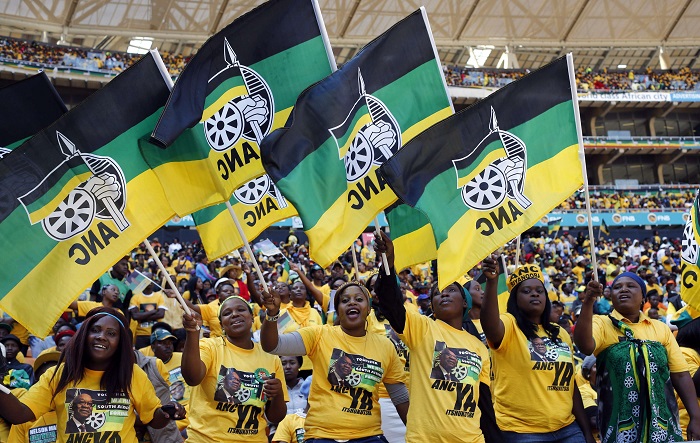As one of the most notable elections that has taken place since the dawn of democracy within South Africa, the 2016 Local Municipal Elections is sure to go down in history as a game changer. As a particularly significant feature of this year’s elections, the landslide win of the Democratic Alliance in the Western Cape accompanied by its unexpected win in Nelson Mandela Bay and Tshwane has many experts predicting the beginning of the end for the African National Congress (ANC).
To understand what the 2016 elections means for the formation of coalitions, VOC spoke to Senior research fellow at the Centre for the Study of Governance Innovation, University of Pretoria, Prince Mashele.
Mashele explains that while the election has been significant for the major political parties, for smaller parties, this election has not represented a change in the role of small parties within local elections.
He, however, adds that these elections has acted as a game changer for the ruling party, in the sense that it has lost metro’s that it never imagined it could lose; Nelson Mandela Bay and Tshwane.
“50 to 100 years from now, when historians reflect on when the fall of the ANC began, certainly 2016 would be that year.”
In light of the DA’s victory, Mashele says that the party was able to lead in metro’s that were historically ANC strongholds, and predicts that it is
likely to form a coalition government in Johannesburg and Tshwane
Given the Economic Freedom Fighters (EFF) entry into Local Municipal Elections, he says that the party has made tremendous strides and has grown its support base since the 2014 National Elections.
“So this is a mix when you look at the entire picture. But certainly, it is an element of history being made,” he stated.
Mashele further assets that the ANC will not have a ‘comeback’ strategy following the 2016 local elections.
He says that Luthuli House will come down strong on those who it considers to be responsible for the loss of Tshwane and Nelson Mandela Bay, which he says will give rise to an intraparty ‘blame game’.
“But those in those municipalities will also point fingers at Jacob Zuma, because of the scandals that he has exposed the ANC to. They will not speak with one voice and there will be no leadership changes because those who sit on the MEC got their positions because of Jacob Zuma, so they know that if they were to get rid of Zuma, they will lose their positions,” Mashele continued.
Despite the rhetoric of EFF leader, Julius Malema, he says that going forward the EFF can be expected to no longer be “anti-white party” and that it will no longer be as radical as it has been about land expropriation without compensation.
With regards to the DA, Mashele notes that the party will be forced to contend with assisting the uneducated and unemployable black person in order to capitalize on its newly found support base.
“So far, the DA did not know what to do with such a character, so both the DA and EFF supporters will benefit from this marriage of convenience.”
Mashele adds that in the long run, the future of South African elections will be controlled by coalition politics and further asserts that the ANC will disappear from the political scene.
VOC






 WhatsApp us
WhatsApp us 

